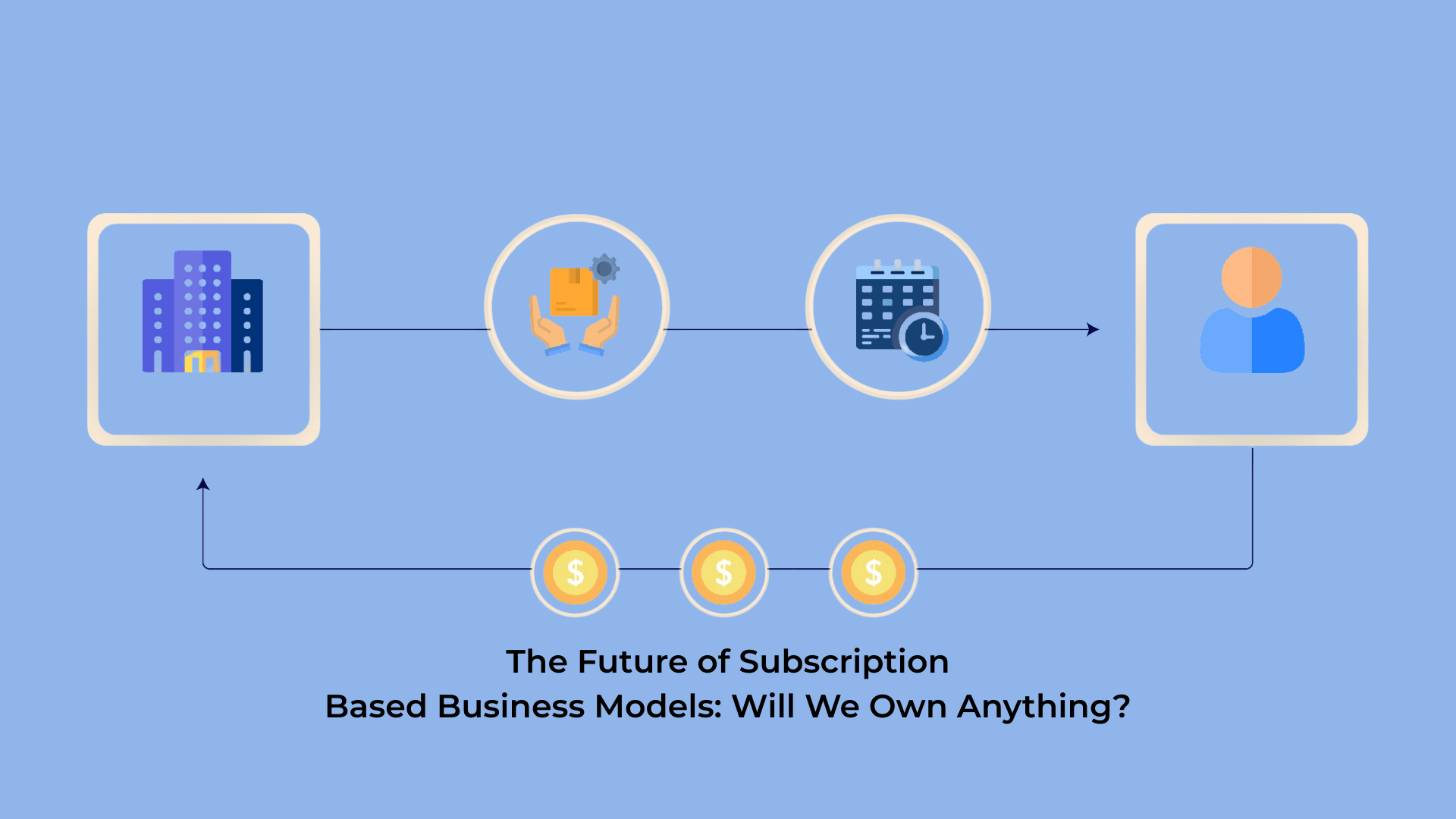Subscription-based services have transformed industries from software to entertainment, transportation, and everyday essentials. With companies shifting from one-time purchases to recurring payments, many consumers are asking: Are we moving toward a future where we rent everything and own nothing?
1. The Rise of Subscription Services
The subscription economy has grown rapidly, with businesses offering convenience, continuous updates, and personalized experiences. Some of the key sectors leading this shift include:
- Software & Digital Services – SaaS platforms (Adobe, Microsoft 365) replacing lifetime licenses
- Streaming & Entertainment – Netflix, Spotify, and gaming services like Xbox Game Pass
- E-Commerce & Essentials – Amazon Subscribe & Save, meal kits, and clothing rental services
- Mobility & Transportation – Car subscription services like Tesla’s Full Self-Driving (FSD) plan
- Luxury & Lifestyle – High-end fashion, furniture, and even home rentals following a subscription model
2. The Benefits of Subscription Models
For businesses, the subscription model offers predictable revenue, deeper customer relationships, and better data insights. Consumers benefit from:
- Convenience – Access to services without significant upfront costs
- Regular Updates – Continuous improvements without buying new versions
- Affordability – Lower monthly payments instead of high one-time fees
- Flexibility – The ability to cancel or switch plans as needed
3. The Downsides: Are We Losing Ownership?
While subscriptions offer convenience, they raise concerns about long-term costs and control:
- Endless Payments – Consumers never truly own the product, leading to continuous expenses
- Dependence on Companies – If a service shuts down, users lose access to everything they’ve paid for
- Limited Control – Digital goods like e-books and movies can be removed from libraries at any time
- Data & Privacy Issues – Companies collect user data to refine their models, sometimes at the cost of privacy
4. The Future: Will Everything Become a Subscription?
As companies experiment with subscription-based pricing, the future may see:
- Expansion into More Industries – AI tools, personal finance software, and even healthcare moving to subscriptions
- Hybrid Models – Businesses offering both one-time purchases and subscriptions for flexibility
- Decentralized Ownership – Blockchain-based services allowing partial ownership rather than full rentals
- Consumer Pushback – A shift toward open-source and one-time payment alternatives in response to subscription fatigue
5. Final Thoughts: The Balance Between Access and Ownership
The subscription model is here to stay, but the question remains: Will businesses balance recurring revenue and consumer ownership, or will everything be locked behind a paywall?

